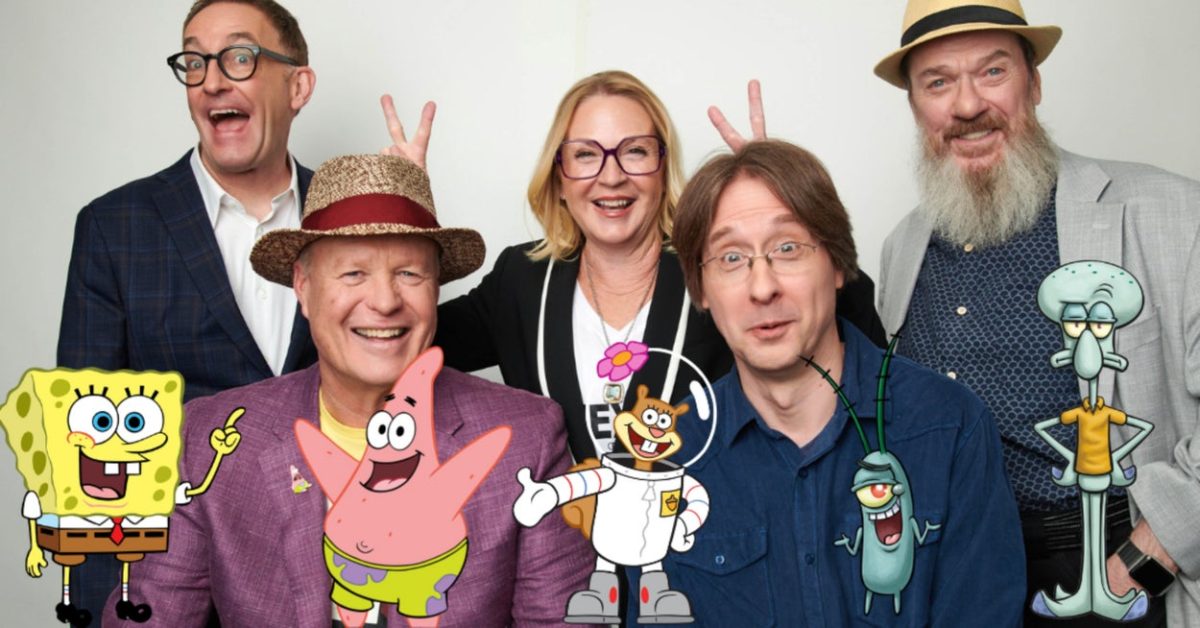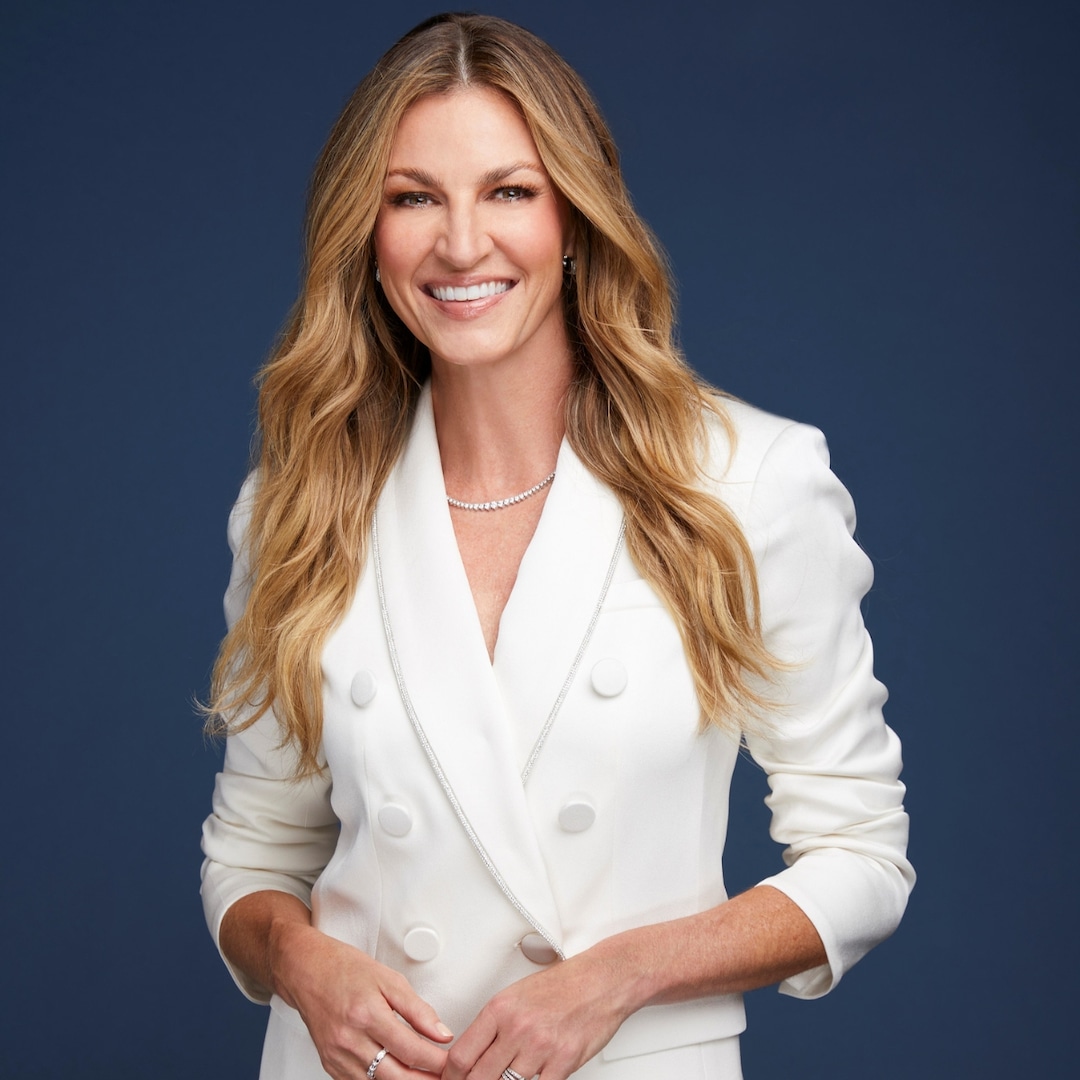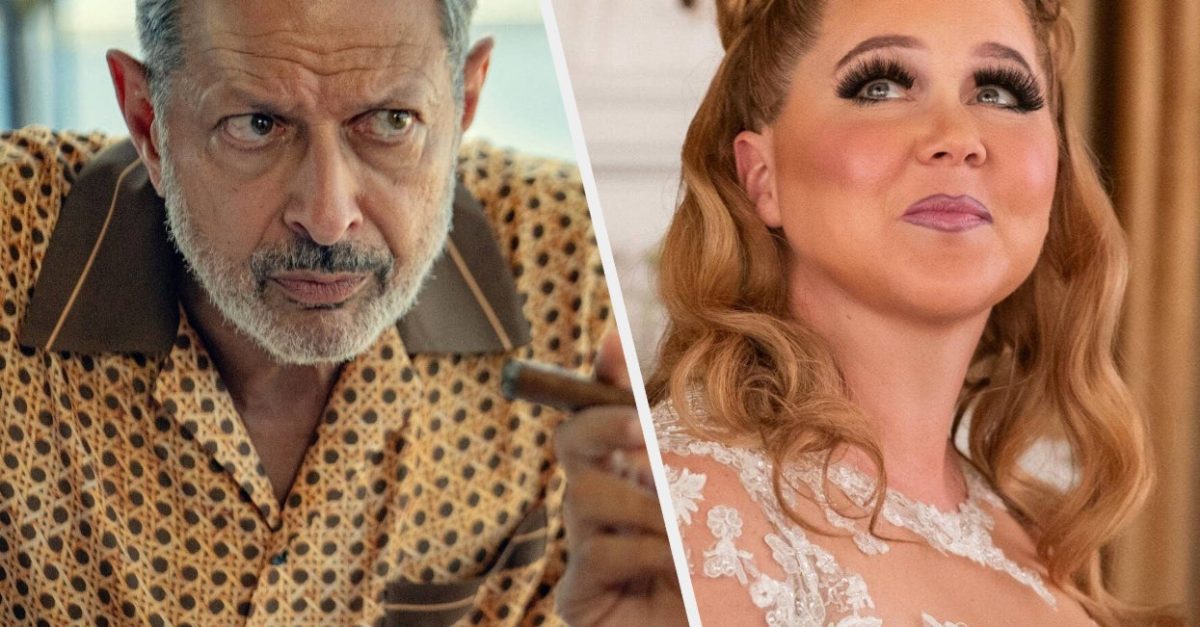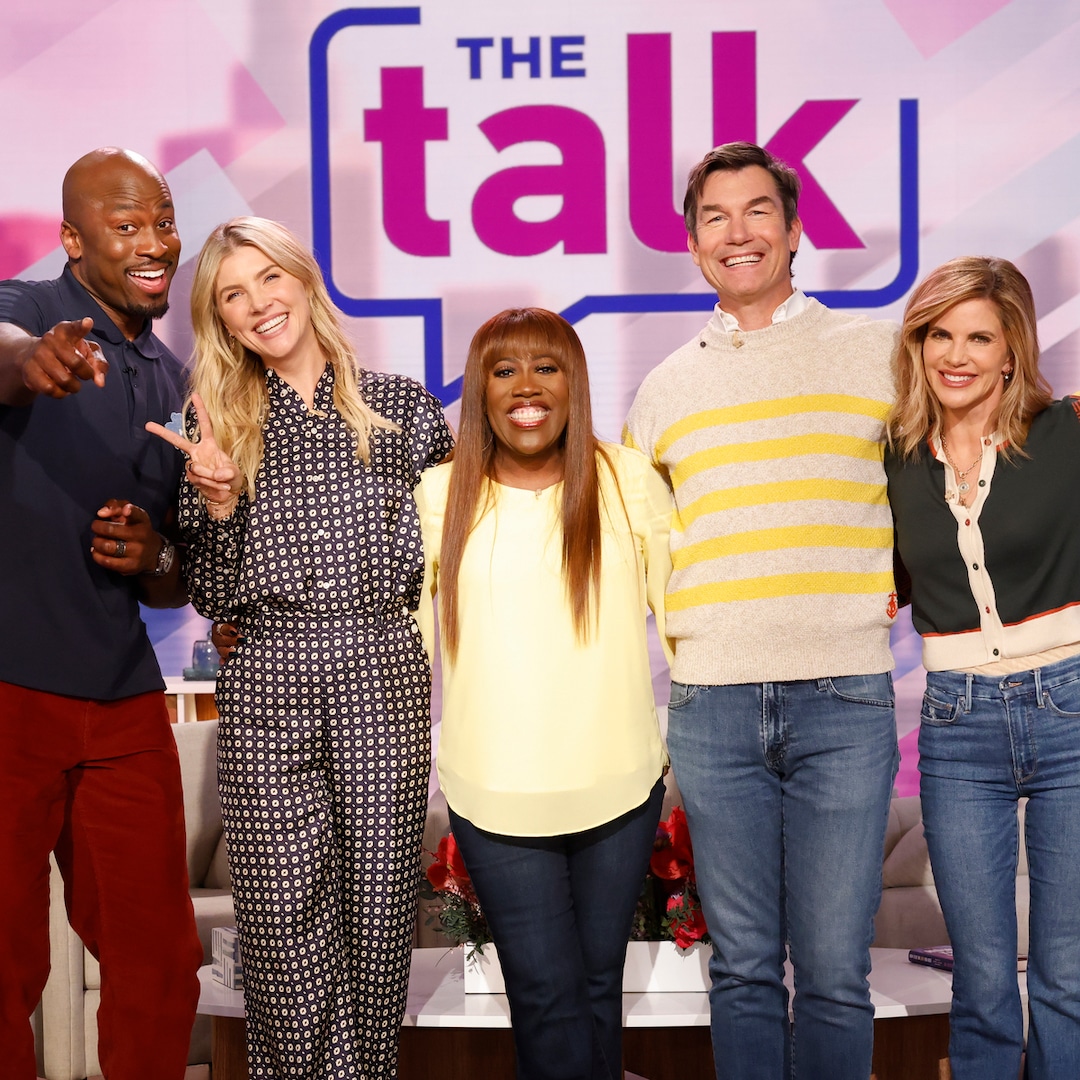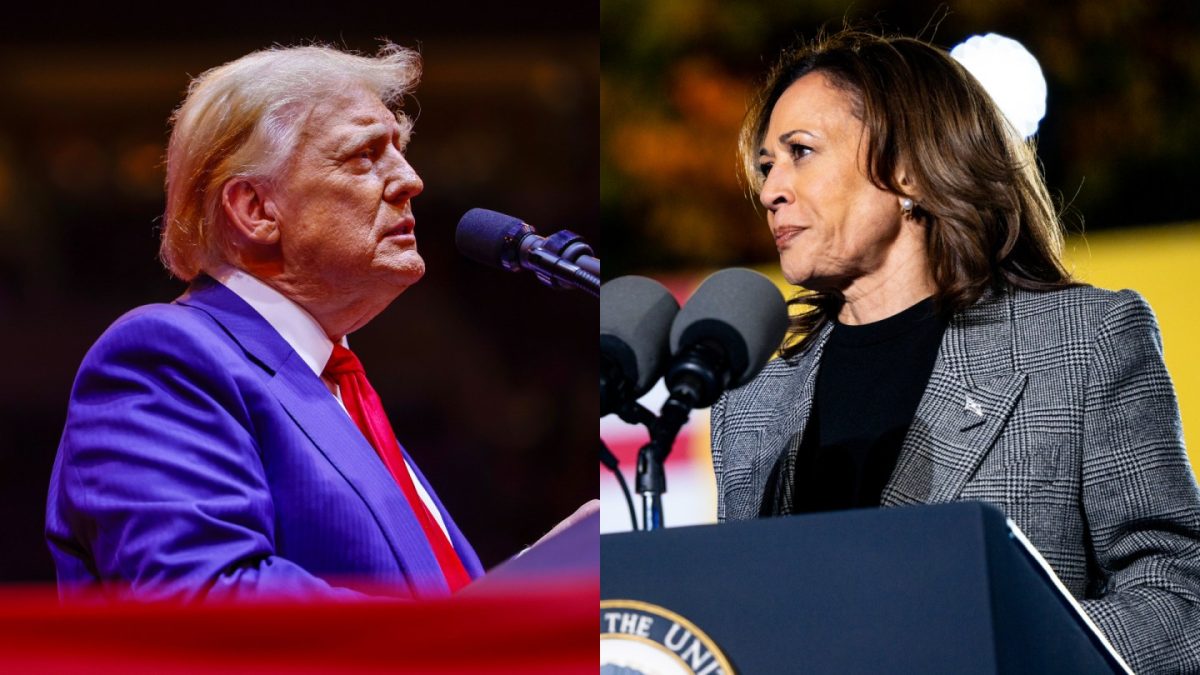
Election Polls Are Increasingly Useless. Can We Get Rid of Them?
Nov 6, 2024
Back in the day, daily TV ratings coverage was a very big deal. Each weekday morning, The Hollywood Reporter would write up the Nielsen overnights and try to find the most interesting story within the data, and this kind of coverage was a popular feature across all the industry trade press. But as the streaming and on-demand era took hold, how well a show performed on its very first night mattered less and less. So in 2020, THR moved away from writing up the overnights in all but the most compelling of cases. The numbers were becoming meaningless.
A similar thing seems to be happening in election polling, yet major media outlets still invest heavily every election cycle in polls that hint who might be ahead in Arizona, or what the spread might be in the national popular vote.
The polls got it very wrong in 2016.
The polls got it largely right in 2018.
The polls got it wrong in 2020.
The polls got it somewhat wrong in 2022.
Will the polls get it wrong in 2024? We’ll find out very soon. But it’s hard to be sure what the polls are even saying, exactly. Poll analysis master Nate Silver has chided pollsters for pumping out suspicious data sets, suggesting pollsters might be “herding” (which is apparently a nice word for “cheating”) to achieve an effective tie outcome to avoid looking wrong later.
There are reasons modern polling is struggling: Shy Donald Trump voters. Shy Kamala Harris voters? The difficulty of reaching voters — particularly young and minority voters — in the cellphone age. Like with TV ratings, the landscape has changed and the numbers have grown fuzzy.
Polling has tremendous value for the campaigns themselves, of course, which engage in private polling. They need to know if their message is working and how to allocate resources to various states. This type of polling makes total sense.
But why does the general public need to see hundreds of horserace polls in the media during an election cycle? What does that achieve, exactly? Particularly weeks and months in advance? I would argue that polls are — and this is my excuse for writing about this in The Hollywood Reporter — an entertainment product. They’re not real news. They’re semi-scientific voodoo; so ephemeral that one study found they are only 60 percent accurate and are becoming less reliable. Yet they’re sponsored by some of the most prestigious media institutions, places where 60 percent accuracy — even 90 percent accuracy — wouldn’t come anywhere close to meeting the threshold for publishing a regular news story. But since these institutions are all invested in polls and getting traffic from poll stories, and we’re not, it’s easy for me to say: Polling is passé. It doesn’t do anybody any good — and might actually do bad.
Because the larger problem with polls isn’t their coin-flip accuracy, but their lack of public value even when they’re right. What do polls accomplish? Before early voting begins, they just kinda seem to stress everybody out. And don’t we all have enough of that? Once voting starts, if the polls show our preferred candidate is way ahead, then we might be less likely to vote (they’ve got this in the bag anyway). If the polls show our preferred candidate is way down, we might also be less likely to vote (eh, they’re going to lose anyway). If the polls say — as the polls this election cycle have maintained — that the race is super-duper close, then they don’t actually do the one thing you want from a poll — tell you who’s winning.
That last scenario is the one polling defenders point to — that a close poll can motivate people to vote. The problem is this assumes the poll is correct when they’re sometimes not. And it still doesn’t justify the months of public polling before voting begins. And, since everybody ignores polls when they turn out to be right, yet blast polls when they’re wrong, they arguably contribute to eroding public trust in media since, fairly or unfairly, polling misses make a lot more noise than the hits (the polls in 2022, for instance, got a lot right, but still get lumped in with 2016 and 2020 for some things they didn’t). We’re living in a time where “getting some stuff wrong” should not be okay, yet the same outlets which rightly fret about online misinformation are also posting stories like: Harris is up three points in Wisconsin maybe lol?
And just imagine what the last six months would have been like if you hadn’t seen a single poll story, and instead only saw, you know, news coverage and opinions about the candidates. Still awful, sure. But less awful? Instead, Big Polling seem to be obsessed with figuring out how to make polls more accurate after each embarrassing failure — what additional weighting and methodology and tweaks they can do to fix all this. As if it’s very important to fix all this, without ever stopping to wonder: Wait, do we need to continue doing this at all? As a wise mathematician once said: “So preoccupied with whether or not that they could, they didn’t stop to think about whether they should.”
So whomever emerges victorious today, moving forward let’s all agree to vote with our attention and no longer read poll stories. If we do this, then they will go away and bother us no more. Granted, from surveying my friends, most of whom did not answer the phone, the chances that this will work is maybe 2 percent, and that’s within the margin of error.
Publisher: Source link
SpongeBob Cast Shares Heartfelt Favorite Episodes
I asked two main questions throughout our conversation. My first question: It's been 25 years of iconic quotes, hilarious episodes, and memorable moments. From the perspective of the people who voiced the characters and produced the show, is there a…
Dec 23, 2024
Erin Andrews Shares Her Celine Dion-Inspired Holiday Tradition
We interviewed Erin Andrews because we think you'll like her picks. Some of the products featured are from Erin's brand WEAR by Erin Andrews. Our writers and editors independently determine what we cover and recommend. When you buy through our links,…
Dec 23, 2024
TV Shows That Got Canceled In 2024
TV Shows That Got Canceled In 2024 Which 2024 canceled TV show will you miss the most? Share your pick in the comments! Disclaimer: This story is auto-aggregated by a computer program and has not been created or edited by…
Dec 22, 2024
How The Talk Emotionally Ended After 15 Years
The Talk has officially said "Goodbye." After 15 seasons and 2,993 episodes, the CBS daytime show came to an end on Dec. 20 with a heartfelt farewell from hosts Akbar Gbajabiamila, Amanda Kloots, Natalie Morales, Jerry O'Connell and Sheryl Underwood. The episode began with a standing ovation for the…
Dec 22, 2024








